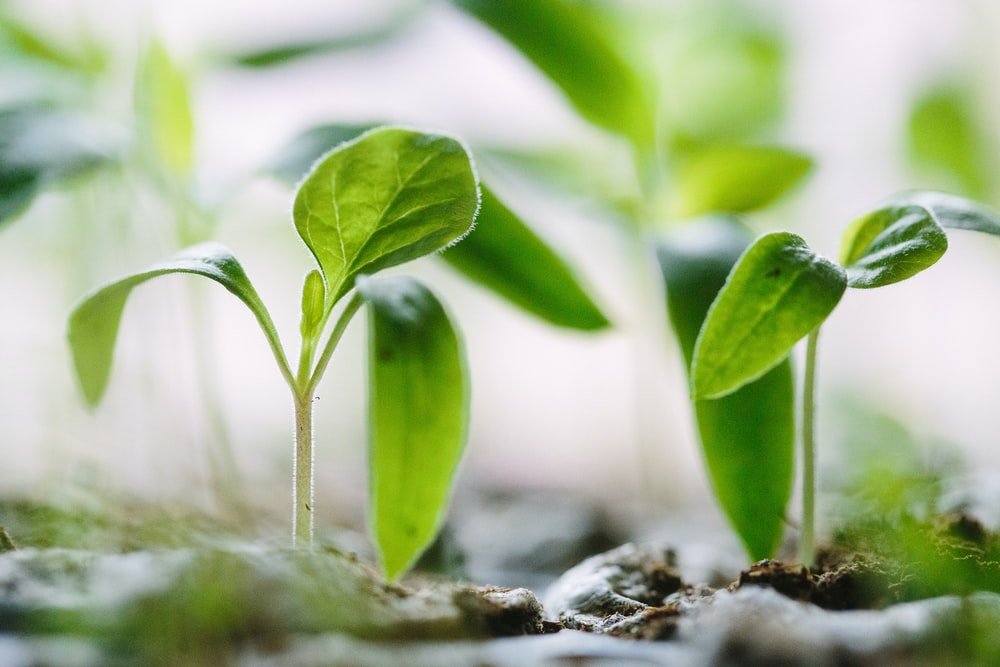Sunday, 12 October 2025

Image Source: Organica Biotech
As India enters the heart of the Kharif cropping season, the Biological Agri Solutions Industry Association (BASAI) has issued an urgent appeal to the government to resolve a regulatory deadlock that is choking the country’s biostimulant industry. Representing a wide spectrum of startups, MSMEs, and innovators in the biological agri-input space, BASAI warns that a vacuum in regulatory clarity has halted the sale of thousands of biostimulant products—even those that have cleared all required safety, efficacy, and quality benchmarks—placing livelihoods, investments, and food system resilience at risk.
Despite full compliance with the Fertiliser Control Order (FCO) guidelines, product validation from over 261 university-led field trials, and substantial investments in innovation and manufacturing, biostimulant manufacturers are facing an existential crisis following the expiry of G3 certifications. These temporary nationwide approvals, originally intended as a bridge until permanent registration, have now lapsed. With no alternative mechanism in place and G-stage approvals stuck in procedural limbo, companies can no longer legally market their products—triggering operational paralysis across the industry and endangering crop productivity for millions of farmers.
“We have followed every rule. But now we are being punished for our compliance,” said one startup founder, a BASAI member, highlighting the frustration of firms that have built science-backed portfolios under the aegis of public institutions like BIRAC, NITI Aayog, and ICAR.
Biostimulants, which include products like humic acids, amino acids, seaweed extracts, and protein hydrolysates, have been used in Indian agriculture for decades to help crops withstand drought, salinity, and temperature extremes. Unlike conventional fertilizers or pesticides, these biologically derived inputs enhance nutrient use efficiency, support soil health, and improve plant resilience to abiotic stress. Their adaptive potential across India’s diverse agro-climatic zones makes them vital tools in climate-smart farming, natural agriculture, and Atmanirbhar Krishi initiatives.
BASAI’s Secretary emphasized that farmers themselves have validated these tools over 25 to 30 years, incorporating them as key components in managing weather volatility, yield fluctuations, and input efficiency. Today, the inability to supply these proven solutions is not just a regulatory failure—it is a setback to India’s climate and food security agenda.
The numbers underscore the urgency. India’s biostimulant industry spans over 250 manufacturers, more than 10,000 formulators, and 100 importers, covering over 100 crops across Kharif, Rabi, and summer seasons. Since the introduction of biostimulant guidelines in 2021 under the FCO, more than 38,000 G3 applications were filed to ensure structured compliance. Around 1,000 applications—backed by complete safety, efficacy, and toxicity data generated in collaboration with ICAR and state agricultural universities—were submitted for permanent registration in late 2023. Yet, as of July 2025, only 45 products have been formally approved under Schedule VI of the FCO.
This regulatory inertia has left companies in limbo. States have no clear infrastructure or notification pathways to operationalize approvals. Products, though scientifically validated and domestically manufactured, are locked out of the market. For the ongoing Kharif season alone, losses to the industry and farming community are projected at Rs 3,500 – Rs 4,000 crore.
In a bitter irony, many of the Indian startups that have developed world-class biostimulants—some with international patents and peer-reviewed publications—are now unable to serve their home market. These companies are actively exporting products based on Indian innovation to countries with faster, more predictable regulatory frameworks, while Indian farmers are denied access to the very tools designed for their conditions.
The global biostimulant market, currently valued at $ 4.5 billion, is expected to nearly double to $ 8.9 billion by 2030. Brazil provides a telling comparison. Its transparent, science-based regulatory system has approved more than 550 products, with approval timelines ranging from 60 to 180 days. In contrast, India’s multi-year delays are stifling growth. With a far larger agricultural base, India risks missing the biostimulant boom unless it matches this agility.
BASAI warns that this is more than an industry slowdown—it’s a national innovation bottleneck. Biostimulants remain one of the few agri-input sectors where domestic MSMEs, not multinationals, hold a majority share. A quick survey of leading BASAI members revealed extensive investment in product development: over 45 applications spanning key categories, 275+ university field trials, 12+ global patents, NABL/GLP-certified safety dossiers, and 1,500+ farmer case studies. These are not speculative formulations; they are field-tested, regulation-ready, and tailored for Indian soil.
To restore momentum and avert long-term damage, BASAI has proposed a three-tiered path forward. First, the government must issue immediate interim approvals for all products with expired G3 certifications and completed G-stage submissions. Second, dossiers that have undergone scientific validation at ICAR or state universities must be fast-tracked for permanent registration. Third, a long-term regulatory framework should be institutionalized, including Section 20A provisions for defined biostimulant classes and general specifications for common molecules like humic acid, amino blends, and seaweed extracts.
The sector has demonstrated its economic potential. Over Rs 1,200 crore in venture capital and private equity investments have poured into India’s biological agri-solutions space over the past five years. Global FDI interest is rising—but the current regulatory opacity threatens to undermine investor confidence in the maturity and readiness of the Indian agri-biological ecosystem.
“We stand at a crossroads,” BASAI said in a final statement. “India can either lead the biostimulant revolution—or lose out to countries that are moving faster, with clearer rules. This is a defining opportunity to empower startups, reduce agrochemical dependency, enable climate adaptation, and position India as a global hub for sustainable agricultural innovation. We urge the government to act—decisively, urgently, and boldly—for the future of Indian farming.”